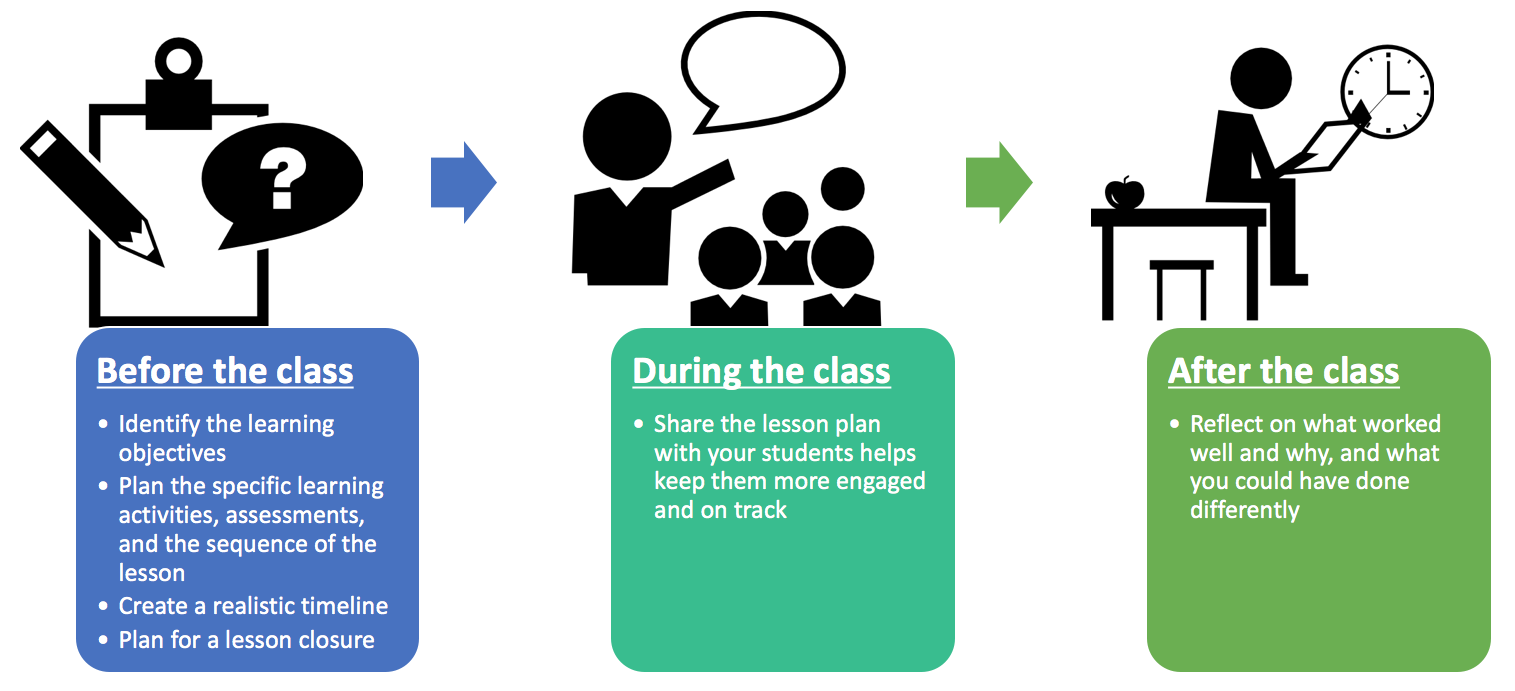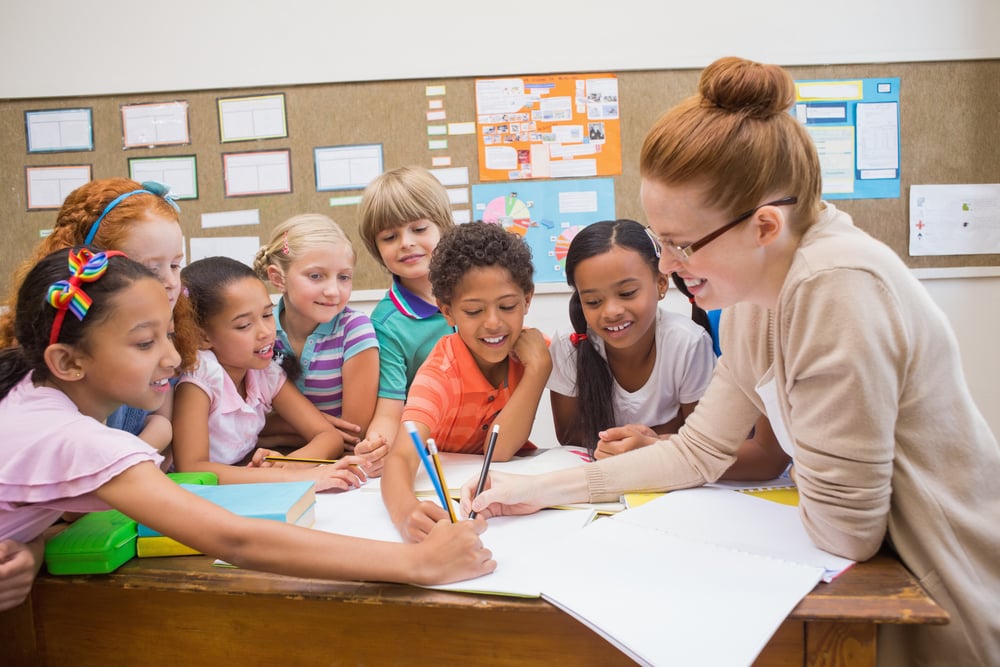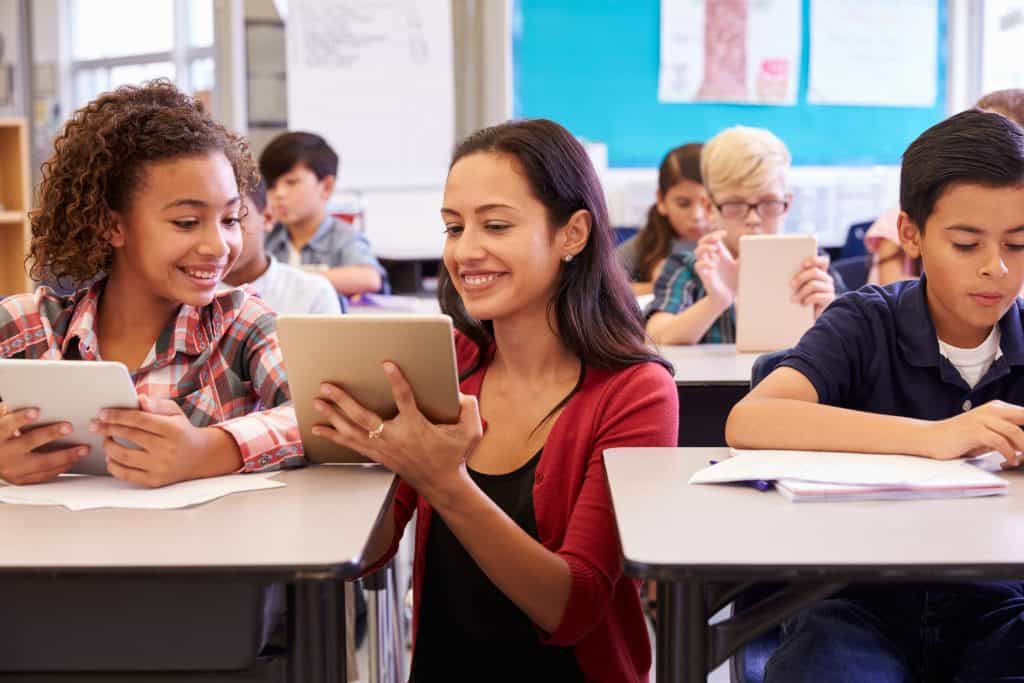
Unlocking the power of An Effective Lesson
Unlocking the power of an effective lesson is an ongoing process that involves dedication, creativity, and a commitment to the growth and development of your students. Effective teaching and learning are vital for personal growth, societal progress, and the advancement of knowledge and skills in various fields. By implementing these tips, you can create a dynamic and enriching learning experience that benefits both you and your students.
What is An Effective Lesson in Teaching English?

An effective lesson in teaching English is one that successfully facilitates language learning and achieves specific learning objectives. It involves various elements and strategies to engage students and help them acquire and apply the language effectively. Here are key components of an effective lesson:
Clear Learning Goals for An Effective Lesson:
An effective lesson has well-defined learning objectives that specify what students should be able to do by the end of the lesson. These objectives guide the lesson planning process.
Engaging Content:
Lessons should include relevant and interesting content that motivates and captivates students. Real-life scenarios, authentic materials, and topics of interest enhance engagement.
Structured Lesson Plan:
A well-structured lesson plan outlines the sequence of activities, the timing for each, and the materials needed. It provides a clear roadmap for the lesson.
Interactive Teaching Methods:

An effective English lesson promotes student participation and interaction. This includes group discussions, pair work, role-plays, debates, and other activities that encourage communication.
Assessment and Evaluation for An Effective Lesson:
Regular assessments, quizzes, tests, and assignments help gauge student progress and identify areas that need improvement. Also, Effective lesson coming from effective teachers regularly reflect on their teaching methods, seek feedback from students, and make adjustments to continually improve their lessons.
Motivation in An Effective Lesson:
Creating a positive and motivating learning environment encourages students to actively participate and take ownership of their learning.
Real-Life Application:
Lessons should connect language learning to practical, real-life situations, enabling students to apply what they’ve learned outside the classroom.
Technology Integration:
Incorporating technology, such as language learning apps, online resources, and multimedia, can enhance the learning experience and cater to modern learners.
In summary, an effective lesson in teaching English is student-centered, engaging, and goal-oriented. It promotes active participation, provides ample opportunities for practice, and supports students in their language learning journey.
Why is Effective Lesson important?

An Effective lesson is important for several reasons, especially in the context of teaching English or any other subject. Here are some key reasons why effective lesson matter:
Maximizing Learning:
Effective lesson optimizes the learning experience by engaging students, focusing on learning objectives, and delivering content in a clear and understandable manner. This helps students absorb and retain information more effectively.
Student Engagement:

Well-designed lessons capture students’ interest and motivate them to actively participate in the learning process. Engaged students are more likely to stay attentive, ask questions, and take ownership of their learning.
Clear Learning Goals:
Effective lesson has clear learning objectives, making it easier for both teachers and students to understand what is expected and what they are working towards. This clarity helps students stay on track and measure their progress.
Optimal Use of Time in Effective Lesson:
Time in the classroom or learning environment is valuable. Effective lesson makes the most of this time by focusing on essential concepts, activities, and assessments, minimizing wasted time or distractions.
Retention and Application:
Students are more likely to remember and apply what they’ve learned in lessons that are engaging, well-structured, and relevant to their goals and interests.
Continuous Improvement:
Teachers who regularly reflect on and refine their teaching methods in pursuit of effectiveness contribute to the ongoing improvement of education as a whole.
Tips to unlock the power of Effective Lesson

Unlocking the power of effective lesson requires careful planning, engagement, and a student-centered approach. Here are some tips to help you achieve this:
Set Clear Learning Objectives:
Start with clear and specific learning objectives. What do you want your students to know or be able to do by the end of the lesson? These objectives should guide your entire lesson plan.
Know Your Audience:
Understand the needs, abilities, and backgrounds of your students. Tailor your lesson to match their prior knowledge and learning styles.
Engaging Content in Effective Lesson:
Choose content that is relevant, interesting, and relatable to your students. Real-life examples, current events, and multimedia can capture their attention.
Structured Effective Lesson Plan:
Develop a well-organized lesson plan with a clear sequence of activities, timing, and materials needed. This plan serves as your roadmap during the lesson.
Active Learning:
Encourage active participation through discussions, group work, hands-on activities, debates, and problem-solving exercises. Students learn best when they are engaged.
Effective Communication:
:max_bytes(150000):strip_icc()/76314743-58b8a1175f9b58af5c3ee302.jpg)
Clearly explain concepts, provide examples, and use visuals or multimedia to support your explanations. Encourage questions and discussion.
Feedback Loop:
Continuously assess student understanding and provide timely, constructive feedback. Address misconceptions and guide them toward improvement.
Active Listening:
Pay attention to student questions and concerns. Active listening helps build rapport and demonstrates your commitment to their learning.
Flexibility:
Be flexible in adapting your lesson if you notice that students are struggling or if unexpected circumstances arise.
Student-Centered Approach:
Keep the focus on the students’ learning needs and interests. Encourage them to take ownership of their learning.
Frequent Answered Question in Effective Lesson

Why is it important to have clear learning objectives in an effective lesson?
Clear learning objectives provide a focus and direction for the lesson, helping both teachers and students understand what needs to be achieved. They guide the planning, delivery, and assessment of the lesson.
How can I engage students in my lessons?
To engage students, use interactive teaching methods, incorporate relevant and interesting content, encourage active participation, and create a positive and inclusive classroom environment.
What are some strategies for providing effective feedback to students?
Effective feedback should be specific, timely, and constructive. It should address areas for improvement and provide guidance on how to make those improvements. Encourage students to reflect on the feedback and take action.
How can I adapt my lessons to cater to different learning styles and abilities?
To accommodate diverse learners, vary your teaching methods, provide multiple opportunities for practice, use multimedia resources, and offer additional support or enrichment activities as needed.
What role does technology play in an effective lesson?
Technology can enhance lessons by providing access to a wide range of resources, facilitating interactive learning, and allowing for individualized instruction. It should be used judiciously to complement teaching goals.
See also:
